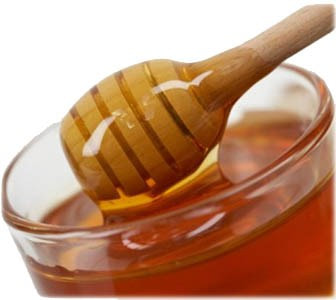|
Before the days of antibiotics, honey was a popular and powerful cure-all used to treat numerous ailments since the ancient Egyptians. With the development of modern medicines in the last century, though, honey went out a fashion and it’s antibacterial powers fell by the wayside. Now, according to researchers at the University of Whales Institute, honey may be on the verge of making a medical comeback.
A recent study headed by microbiologist Rose Cooper has found that even a small amount of Manuka honey can help fight the notoriously –drug resistant bacteria MRSA, as well as other drug-resistant strains. The special type of honey made specifically from nectar of New Zealand’s native Manuka tree has been shown to make super-tough MRSA more sensitive to antibiotics, essentially reversing the drug resistance. Wait before you hit the honey pot, though – Cooper’s team thus far has only been tested in a petri dish; humans and animal’s aren’t quite in the picture – yet. While the ultimate goal of this promising discovery is to make a therapeutic wound cream, research is still in the preliminary stages and a final product is years away. And a word of caution to overzealous honey fans: while sometypes of honey to have the healing capabilities of decreasing the pH of skin injuries, draining wounds, and killing bacteria, others have spores that can infect wounds and lead to a nasty gangrene infection. So save the honey for your tea and leave the healing to the professionals, for now at least. -EM
0 Comments
Leave a Reply. |
Categories
All
Archives
April 2024
|

